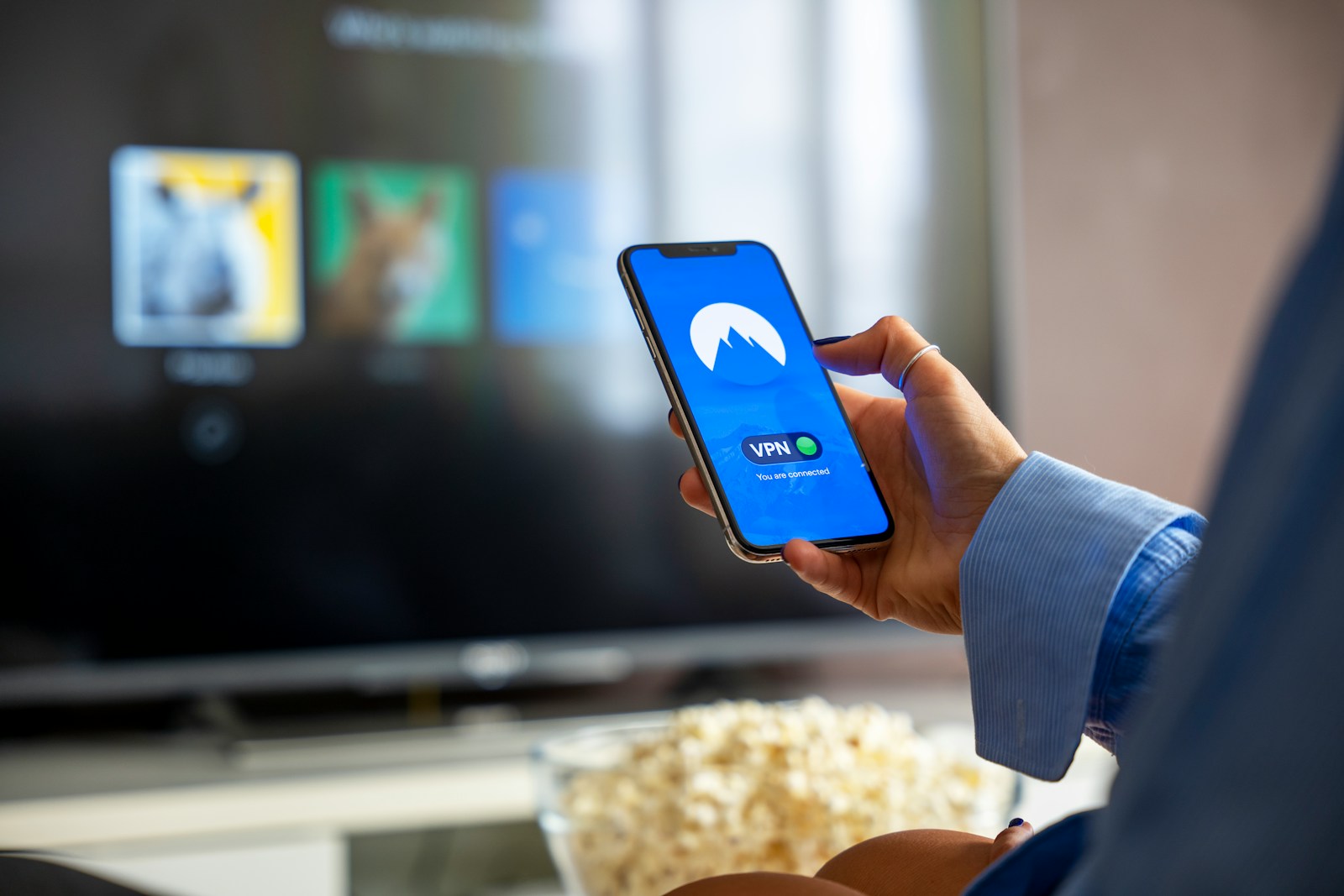In the digital age, free Virtual Private Networks (VPNs) are popular for enhancing online privacy. However, some of these services, like Big Mama VPN, may inadvertently expose users to significant security risks by selling access to their home internet connections through residential proxy networks.
Key Points at a Glance:
- Big Mama VPN’s Dual Role: While offering free VPN services, Big Mama VPN also sells users’ home internet connections as residential proxies, potentially exposing them to misuse.
- Cybercriminal Exploitation: Residential proxy networks are increasingly utilized by cybercriminals to mask malicious activities, including cyberattacks and botnet operations.
- User Unawareness: Many users, including teenagers sideloading VPNs onto VR headsets for gaming advantages, are unaware of the broader implications of their internet connections being sold.
- Security and Privacy Risks: Utilizing free VPNs linked to residential proxy networks can compromise user privacy and involve their IP addresses in illicit activities.
The appeal of free VPN services lies in their promise to safeguard user privacy without financial cost. However, the adage “there’s no such thing as a free lunch” often holds true in the digital realm. Big Mama VPN exemplifies this by providing complimentary VPN access while monetizing users’ internet connections through residential proxy networks.
Residential proxies route internet traffic through real users’ devices, making it appear as though the traffic originates from a residential location. This can be advantageous for legitimate purposes like web scraping or accessing region-restricted content. However, it also presents opportunities for misuse. Cybercriminals exploit these proxies to conceal their identities during malicious activities, effectively implicating unsuspecting users in their schemes.
A concerning trend has emerged among teenagers who sideload VPNs like Big Mama onto virtual reality headsets to gain advantages in games such as Gorilla Tag. Unbeknownst to them, their actions contribute to a network that cybercriminals may leverage for nefarious purposes. Researchers from cybersecurity firm Trend Micro have observed that these VR devices rank among the top three devices utilizing Big Mama VPN, following Samsung and Xiaomi devices.
The implications of such exploitation are far-reaching. Users’ IP addresses could become associated with cyberattacks, phishing schemes, or other illegal activities, potentially leading to legal complications or service disruptions. Moreover, the presence of unauthorized traffic can degrade network performance and compromise personal data security.
To mitigate these risks, users are advised to exercise caution when selecting VPN services. Opting for reputable providers with transparent policies and avoiding free services that may monetize connections through residential proxy networks is prudent. Additionally, thoroughly reviewing the terms of service and understanding how a VPN provider manages user data can prevent inadvertent participation in proxy networks.
In conclusion, while free VPNs offer an enticing solution for online privacy, they may come with hidden costs that outweigh their benefits. Users should remain vigilant and informed, recognizing that their internet connections are valuable assets that, if misused, can lead to significant security and privacy concerns.
